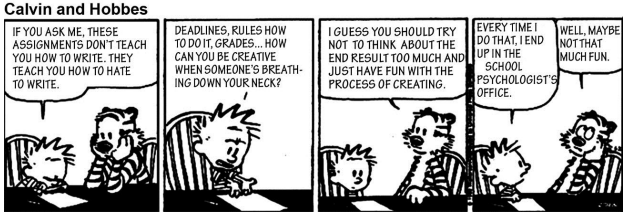In 1996 a naturopath named Peter D’Adamo published a book called Eat Right 4 Your Type. D’Adamo argued that we must
eat according to our blood type, in order to harmonise with our evolutionary heritage. Blood types, he claimed, “appear to have arrived
at critical junctures of human development.” According to D’Adamo, type O blood arose in our hunter-gatherer ancestors in Africa,
type A at the dawn of agriculture, and type B developed between 10,000 and 15,000 years ago in the Himalayan highlands. Type AB,
he argued, is a modern blending of A and B.
From these suppositions, D’Adamo then claimed that our blood type determines what food we should eat. With my agriculture-based type A blood, for example, I should be a vegetarian. People with the ancient hunter type O should have a meat-rich diet and
avoid grains and dairy. According to the book, foods that are not suited to our blood type contain antigens that can cause all sorts of
illness. D’Adamo recommended his diet as a way to reduce infections, lose weight, fight cancer and diabetes, and slow the ageing
process.
D’Adamo’s book has sold seven million copies and has been translated into 60 languages. It has been followed by a string of
other blood type diet books; D’Adamo also sells a line of blood-type-tailored diet supplements on his website. As a result, doctors
often get asked by their patients if blood type diets actually work.
The best way to answer that question is to run an experiment. In Eat Right 4 Your Type D’Adamo wrote that he was in the
eighth year of a decade-long trial of blood type diets on women with cancer. Eighteen years later, however, the data from this trial
have not yet been published.
Recently, researchers at the Red Cross in Belgium decided to see if there was any other evidence in the diet’s favor. They
hunted through the scientific literature for experiments that measured the benefits of diets based on blood types. Although they
examined over 1,000 studies, their efforts were fruitless. “There is no direct evidence supporting the health effects of the ABO blood
type diet,” says Emmy De Buck of the Belgian Red Cross-Flanders.
After De Buck and her colleagues published their review in the American Journal of Clinical Nutrition, D’Adamo responded on
his blog. In spite of the lack of published evidence supporting his Blood Type Diet, he claimed that the science behind it is right. “There
is good science behind the blood type diets, just like there was good science behind Einstein’s mathematical calculations that led to
the Theory of Relativity,” he wrote.
Adapted from: ZIMMER, Carl. Why do we have blood types? Crash diet. Retrieved from: http://www.bbc.com/future/story/20140715-why-do-wehave-blood-types. Access: August, 2014.

